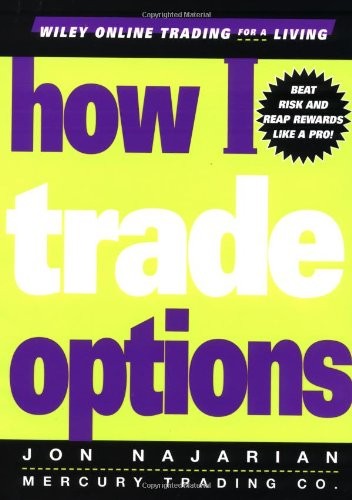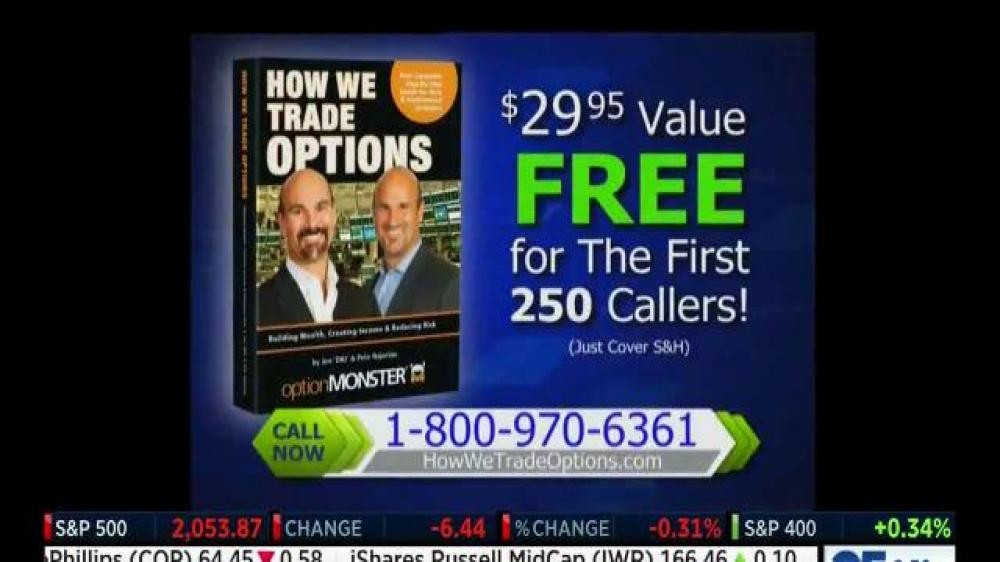How to Trade Options
Post on: 14 Июль, 2015 No Comment

Learn the basics and explore potential new opportunities on how to trade options
The options market provides a wide array of choices for the trader. Like many derivatives, options also give you plenty of leverage, allowing you to speculate with less capital. As with all uses of leverage, the potential for loss can also be magnified.
Get Started
Understanding the Basics
A long option is a contract that gives the buyer the right to buy or sell the underlying security or commodity at a specific date and price. There is no obligation to buy or sell in the contract, but simply the right to exercise the contract, if the buyer decides to do so. An option that gives you the right to buy is called a call, whereas a contract that gives you the right to sell is called a put. Conversely, a short option is a contract that obligates the seller to either buy or sell the underlying security at a specific price, through a specific date. When the buyer of a long option exercises the contract, the seller of a short option is assigned, and is obligated to act.

To make this clearer, lets use a real world analogy Lets say youre shopping for an antique grandfather clock and find the perfect one at the right price: $3,000. But you wont have the cash for another three months. You talk to the owner and he agrees to sell it at that price in three months with a specific expiration date, but you have to pay $100 for him to agree to the contract. After three months, you have the money and buy the clock at that price.
But maybe its discovered that the clock was owned by Theodore Roosevelt, which makes it worth $10,000. You have the right to exercise your option and buy it for $3,000, netting you a profit of $6,900 (minus transaction costs). On the other hand, lets say its discovered thats its not an antique at all, but a knock-off worth only $500. Youre under no obligation to exercise your option and buy it at $3,000, so you can opt not to buy it at all and simply let the contract expire. Although youre still out the $100, at least youre not stuck with a clock worth a fraction of what you paid for it. From the option seller’s perspective, in the first scenario he gets the $100, but is later forced to sell the clock at less than true market value. In the second scenario, he keeps the clock, and the $100 you paid in premium.
If you understand this concept as it applies to securities and commodities, you can see how advantageous it might be to trade options. For a relatively small amount of capital, you can enter into options contracts that give you the right to buy or sell investments at a set price at a future date, no matter what the price of the underlying security is today.














